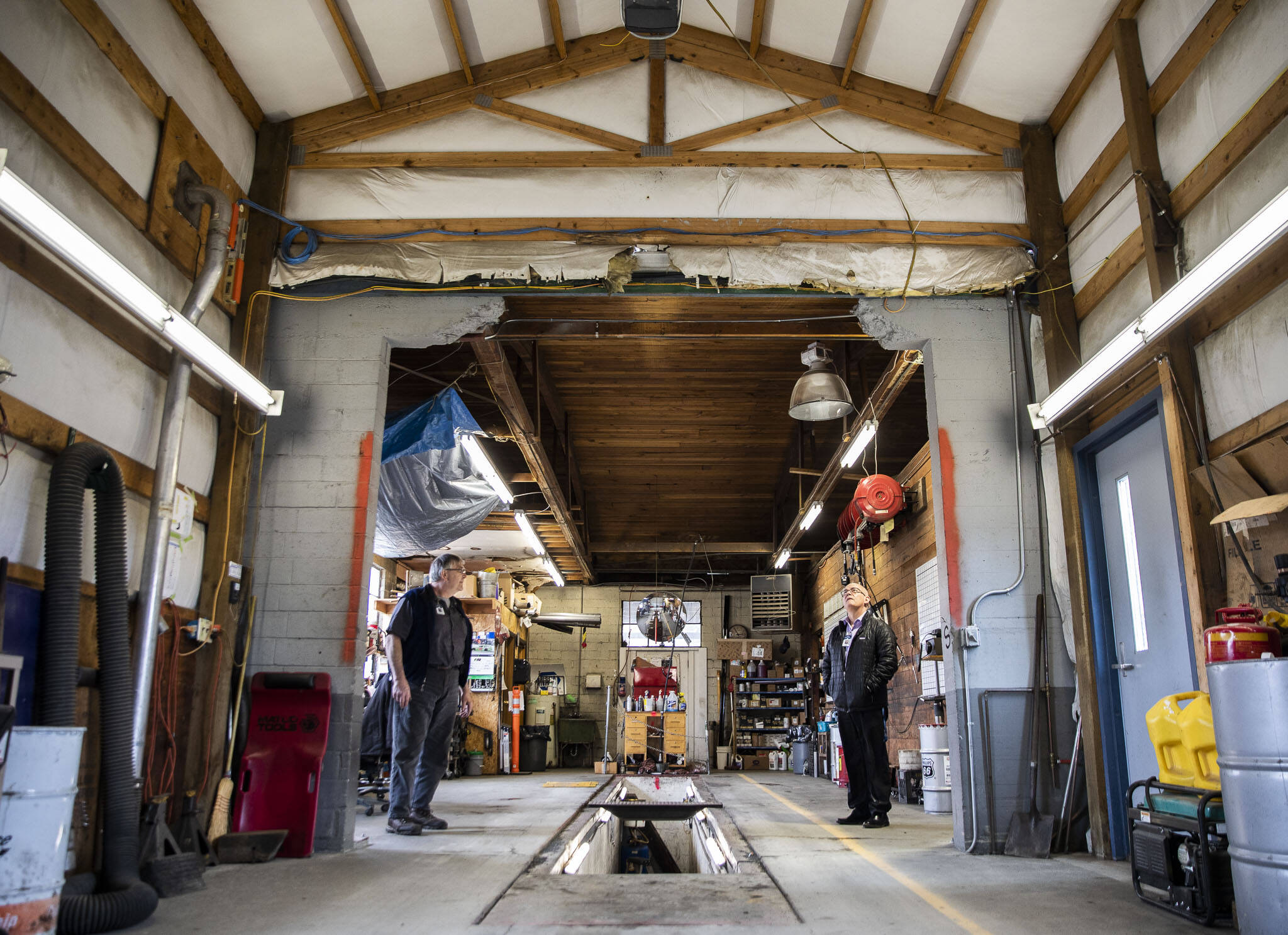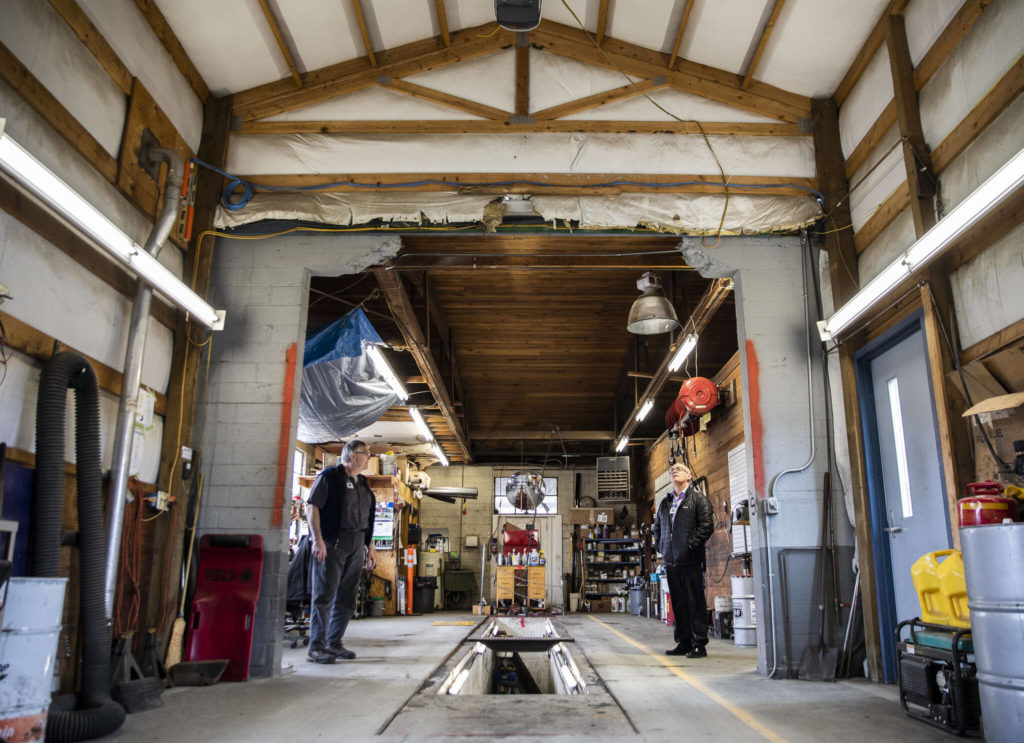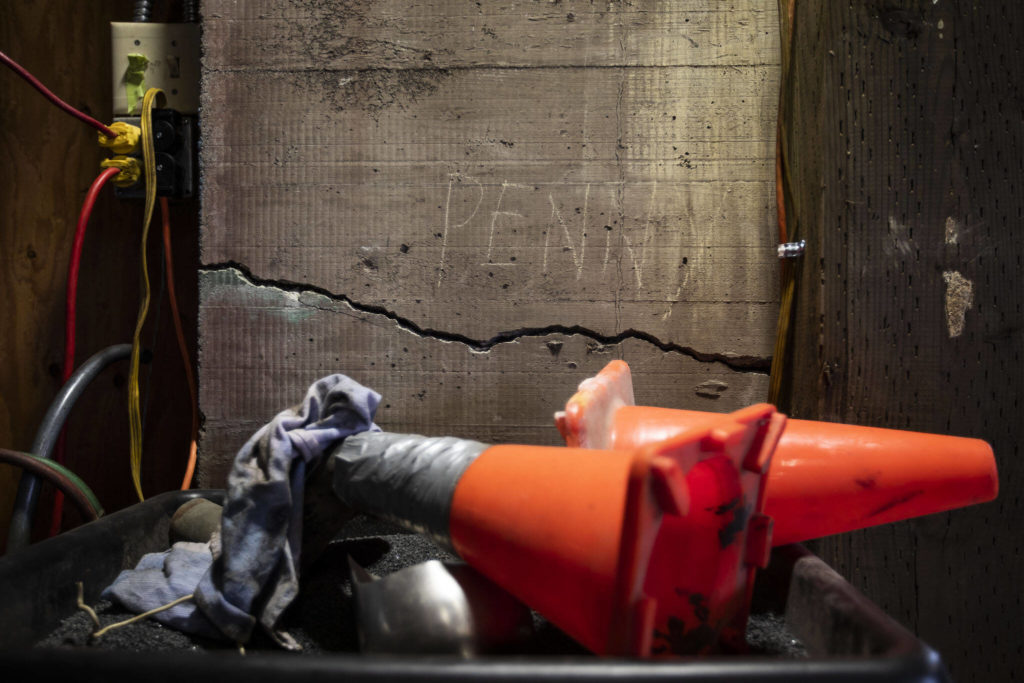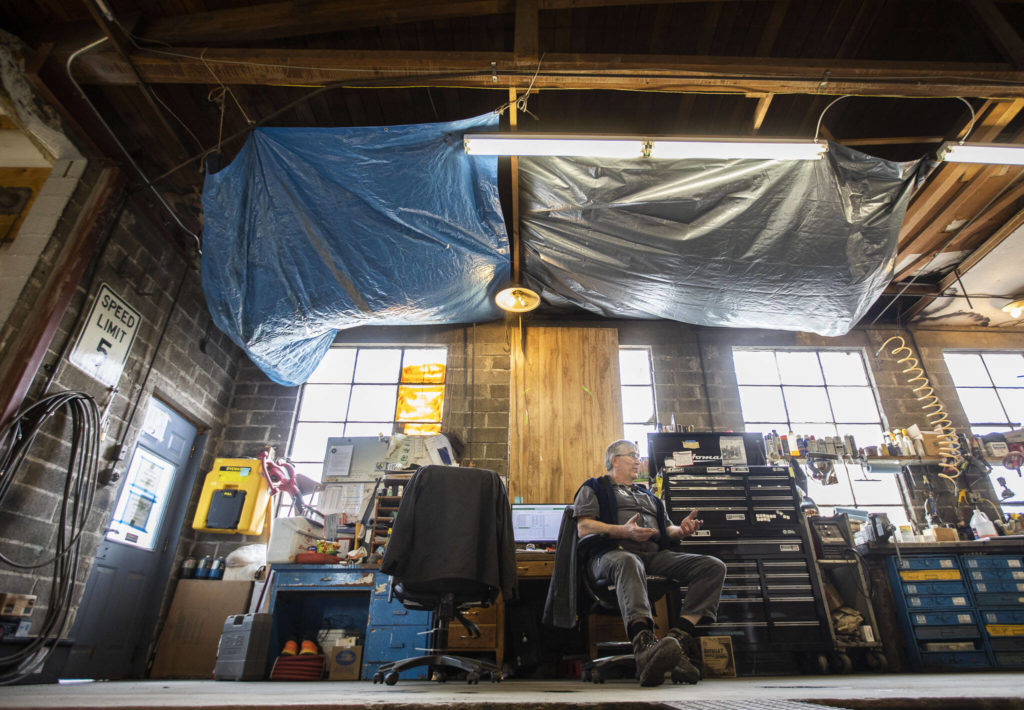SULTAN — Leah Lavigueure said her two sons have found social and creative outlets thanks to sports and after-school programs.
Her ninth-grade son plays on the soccer team and participates in the student-led broadcast club, Turk Pride TV. Her fifth-grade son is a member of the robotics club.
“Both of these areas are crucial to my children’s development and school experience,” she said.
Now those activities and many more could be on the chopping block if Sultan School District voters turn down a four-year, $18.3 million levy in a special election April 26.
The measure proposes to replace the district’s expiring educational programs and operations levy. The property tax funds sports, band, music, drama, special education, school nurses, mental health specialists, support staff and more.
If voters reject the levy, “up to 34 positions could be cut,” Superintendent Dan Chaplik said. About 10% of the district’s budget comes from levy collections.
“The levy hires the positions that are not covered in the basic education funding from the state,” he said.
The district is also asking voters to approve a four-year, $11.7 million capital levy for infrastructure, technology, safety and security upgrades, and a new transportation facility.
The Granite Falls School District also has two levies on the April ballot. An educational programs and operations levy would raise $20 million over four years, and a technology and school improvement levy would raise $3 million.
Both would replace existing levies.
This is the second time this year the districts are asking voters to approve the levies. The measures failed in a February special election.
If the operations levy fails again, the Granite Falls School District would lose funding for staff to support special education students, Superintendent Josh Middleton said. Special education students make up about 20% of all students, he said.
The levy also pays for librarians, crossing guards, custodians and the school psychologist.
“The bottom line is we are looking at 16% of our budget that would need to be cut,” Middleton said.
Middleton said the Granite Falls School District relies more heavily on local levies compared to other districts because it receives a smaller allocation of school funding from the state.
As in Sultan, there may be cuts to extracurricular activities and sports at Granite Falls schools.
“I would be worried if it doesn’t pass, it would take away everything kids live for that makes school fun and well-rounded,” said Colleen Mace, a culinary instructor at Granite Falls Middle School and parent of two students.
Mace worries about students’ mental health if counselors and other resources are cut.
“I don’t think people realize how much the levies help with every area in the school district,” she said. “Without it, it will be damaging to our students. And they have already been through so much; it’s the last thing they need taken away.”
The district is running the same request for the two levies — $2.11 per $1,000 of assessed property value — as it did in February. It’s the same rate that Granite Falls property owners pay currently.
In Sultan, the district has reduced the size of the capital levy. It now proposes a rate of 95 cents per $1,000 of assessed value, 30 cents less than what the district sought in February.
The operations levy is $1.50 per $1,000 of assessed value, what taxpayers currently pay.
Combined, the two Sultan levies would cost a homeowner $2.45 per $1,000 of assessed value, about 38 cents above the 2022 rate. The owner of a $400,000 home would pay an estimated $81.65 a month from 2023 to 2026, according to the district. That’s $12.66 more a month than the current amount.
Chaplik said the Sultan district’s levy rate in 2022 was the lowest in Snohomish County.
He said the 38 cent increase comes from the Sky Valley Transportation Cooperative proposal included in the capital levy. The project would build a new facility to service the district’s buses.
The current facility had “serious issues with structural integrity” and posed safety concerns, according to a September letter from the city of Sultan. In the letter, the city threatened to condemn the building, though it approved a temporary “shore-up” project, Chaplik said.
Approval of the capital levy would mean an extra $4 million from the state for the project, he said. If voters reject the levy, the district would lose the state funds.
Chaplik said the capital levy would also fund new roofs for three schools, replace gutter systems and upgrade heating and cooling.
Brandi Varnell’s classroom at Sultan High School is either freezing cold or uncomfortably warm.
“We fight with the HVAC system every day,” the health sciences and sports medicine teacher said. “My classroom has two temperatures — Antarctica or the seventh circle of Hell.”
She said these are not the only problems with aging school buildings, which have leaky roofs and old gutters that dump “waterfalls” onto students when it rains.
Varnell said the district’s technology levy — approved by voters in 2018 — purchased 30 iPads so students could learn anatomy and physiology in 3D form.
Recently, 17 Sultan High School students competed and brought home nine awards at a state-level competition for future health professionals, Varnell said. She doubts that would have been possible without levy funds.
Her husband, Mike Varnell, served four years on the Sultan School District Board of Directors.
“We’ve been running on a shoestring budget for a long time, and doing well,” she said. Now she worries about losing staff and class sizes increasing, especially as Sultan’s population grows.
In the voter pamphlet, the con statement to both districts’ levies was written by Jeff Heckathorn, of Mill Creek, as he did for more than 30 districts in the February special election.
Heckathorn wrote after the 2018 McCleary state Supreme Court decision, “state school property taxes increased dramatically and local school taxes never went away and are again spiraling out of control.”
In a rebuttal, Debbie Copple wrote that the McCleary decision only increased funding for basic education.
“Sultan parents and students would argue that college in the high school, agriculture, shop classes, music, sports, clubs & life skills classes are necessary,” she wrote.
Dawn and Keith LaMunyon, of Gold Bar, put six kids through the Sultan School District, and they have two grandchildren starting in the fall.
Dawn LaMunyon said sports motivated her two sons to exceed in school. She had a rule: “You get a 3.0 or better, or you don’t wrestle.” Both graduated with honors, she said.
In a small town, there is not a lot for kids to do, Keith LaMunyon added.
“My perspective is that if we give kids a sense of belonging and positive things to do, it will have positive effects in their life,” he said.
Lavigueure said she would consider enrolling her two sons in another school district if the two levies fail. She hopes she won’t have to.
“The kids in our community deserve to have a school experience that is comparable to other public schools within 20 miles from us,” she said.
Ballots must be postmarked no later than April 26, and do not require a stamp. Be sure to check the last collection time on the postal box, because ballots that arrive with a postmark after election day will not be counted.
Another option is to use one of the county’s designated ballot drop boxes. Fifteen of those will be open around the clock until 8 p.m. on April 26.
Voters who have not received a ballot by April 16 should contact the elections office at 425-388-3444 or elections@snoco.org.
Jacqueline Allison: 425-339-3434; jacqueline.allison@heraldnet.com. Twitter: @jacq_allison.
Talk to us
> Give us your news tips.
> Send us a letter to the editor.
> More Herald contact information.




























